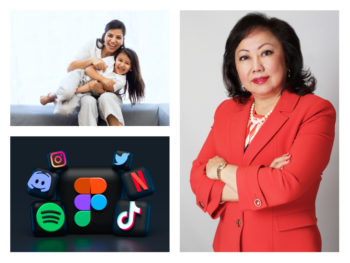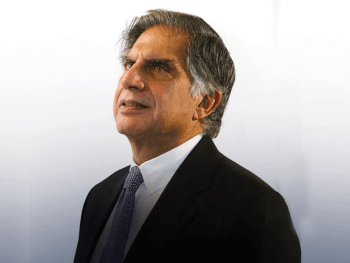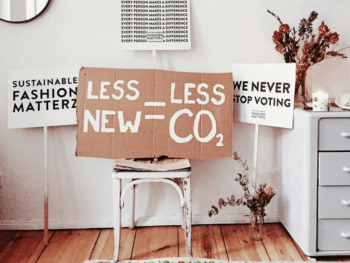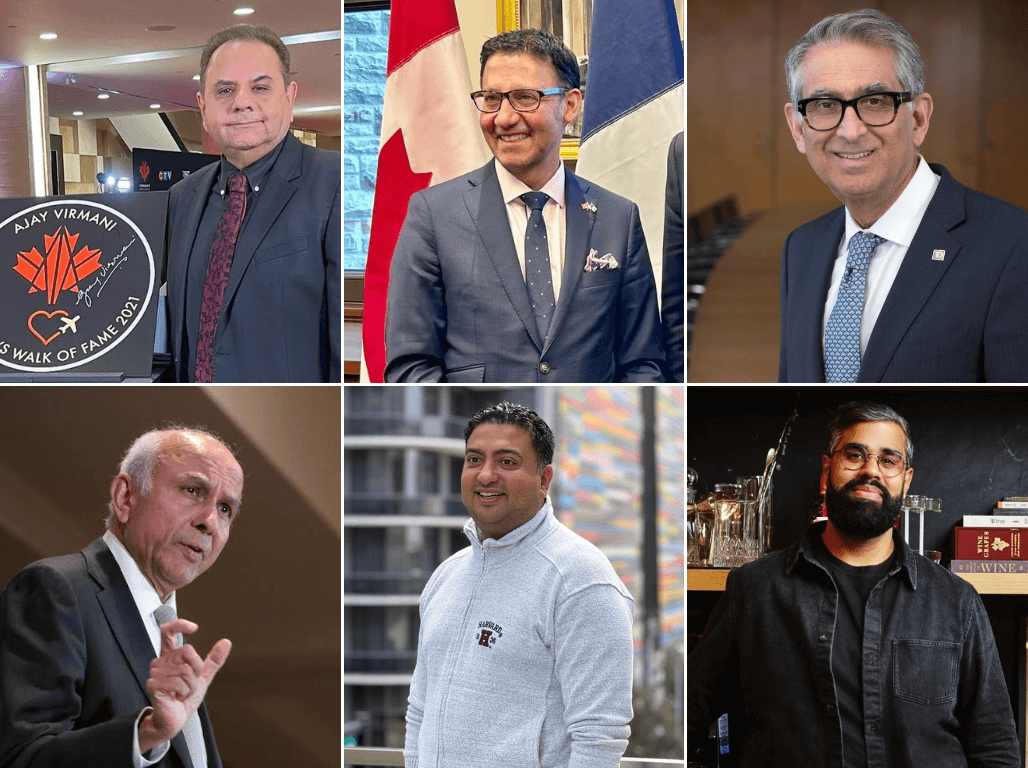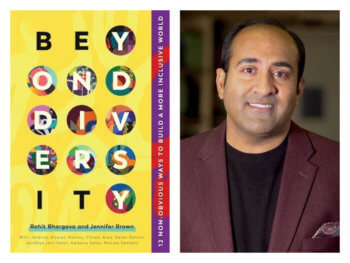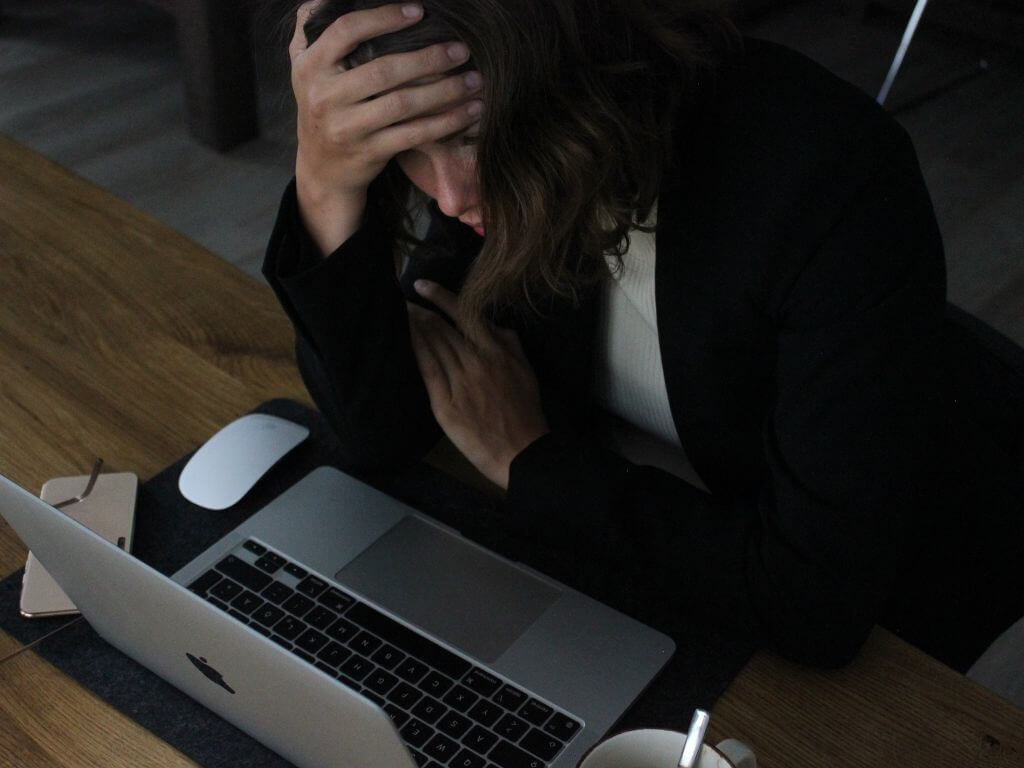
Unemployed And Depressed: How To Keep Tabs On Your Mental Health When You Lose Your Job
Business Nov 22, 2023
Our contributor Mehak Kapoor shares her personal mental health journey while looking for a job as a newcomer to Canada. One of the many challenges that she faced was the toll that job hunting and all the obstacles that come with it had on her own mental health. She shares her journey with a candid conversation with Dr. Taaha Muhammad, MD, CCFP, Counselling Lead at Naseeha Mental Health. With a specific focus on depression, Mehak and Dr. Taaha explore how the South Asian community still grapples with addressing this mental health issue, linking the connection between unemployment and depression and ways that to be able to address and take care of one’s mental health during this all too common scenario during these challenging economic times.
[About the contributor: Mehak Kapoor (@makeba_93) is a reporter, anchor, and content writer with 10 years of TV and digital media experience. She has been associated with some of the most respected news channels and digital media houses like Network 18, Digi Osmosis, and NDTV. She holds a passion for writing, reporting, telling the facts, and connecting with people from different paths of vigour. Mehak has interviewed distinctive personalities, including politicians, Bollywood-television celebrities, and CEOs from diverse industries. In her free time, she adores spending time in nature, dancing, penning poems, and dreaming to become an author of her poetry, one fine day.]
Unemployment is a challenging and distressing phase of life that can lead to a rollercoaster of emotional and psychological struggles. My story is mine; however, I know many people would not be in the same boat as mine but would share the same feeling of hardships.
I came to Canada in 2019 as an international student with high hopes and dreams. Back in my home country, I was a broadcast and digital journalist. Canada is a country of hard work, remarkable beauty, cultural diversity, and a high quality of life. The journey has been smooth enough to enjoy every sphere of life. I studied at Seneca College and pursued post-graduate programs that pushed me to learn new aspects of the digital media industry and event planning. I couldn’t land any job in the field of media; however, I was lucky enough to get freelance projects from Indian news channels from India. Wherever I was getting an opportunity, I took it with sheer honesty and made sure to learn and work hard for it.
One of the most prevalent and severe struggles is depression. The relationship between depression and unemployment is inevitable, yet it depends on how you cope and get out of it with beauty and grace. Unemployment can be a devastating blow to an individual’s mental health. The loss of a job often results in a sudden loss of purpose or routine feelings of worthlessness and hopelessness. I am unemployed since May 2023. I applied to thousands of jobs from my field to random field jobs. As it is well known, if there is something written for your destiny, you will get it, if there is nothing for now, you must wait to rise and shine.
The unemployment rate in Canada is 5.50% to date. As per CTV News, Canada’s population continues to grow rapidly, and rising unemployment signals that the economy is unable to create enough jobs. In South Asian culture, depression comes with some common themes and considerations. There are some significant stigmas attached to mental health issues which prevent people from seeking help or discussing their feelings openly.

It is important to approach the topic of depression in South Asian culture with sensitivity and recognise that individuals’ experiences can vary greatly. Increasing awareness, reducing stigma, and promoting communication about mental health are crucial steps.
To talk further about this, I had an opportunity to discuss and learn more about depression in South Asian culture with Dr. Taaha Muhammad, MD, CCFP, Counselling Lead at Naseeha Mental Health in Mississauga.
Mehak Kapoor: What might be the underlying causes or triggers of someone’s depression related to unemployment?
Dr. Taaha Muhammad: Triggers vary from person to person, and while some people may be predisposed to getting more severe psychiatric symptoms, others may be less so. Unemployment is stressful, and the downstream consequences of it can have a severe impact on individuals’ mental health. If someone loses their job, they may have trouble putting food on the table, affording housing, attending to their children or dependents (if they have any), and achieving basic living needs. That’s in addition to the stress of trying to find a job in a rather strained economy. The cumulative effect of these kinds of effects can lead to a sense of hopelessness that can manifest as depression.
Moreover, ‘triggers’ can be the catalyst, but underlying risk factors can be brewing that makes people more likely to experience depression. These include demographic factors, such as age (younger), sex (female), a history of trauma, having other mental illnesses, being of low socioeconomic status, and more.
MK: How can we differentiate between situational depression due to unemployment and clinical depression?
TM: Situational depression is not quite a clinical syndrome. In the psychiatric world, there is a term we use to describe depressive (or anxious) symptoms because of a situational stressor. We call it “adjustment disorder”. I’m not a big fan of medicalizing / psychiatrizing everyone, but these terms do help give us some way of categorizing and understanding mental illnesses and the spectrum they can exist on.
In cases of adjustment disorder, usually, people’s symptoms improve with the passage of time, and they can benefit greatly from therapy. To answer the actual question: differentiating between depression related to unemployment or outright clinical depression has to do with a) the level of functional impairment or distress (clinical depression is very functionally disabling and causes severe distress) and the temporal relationship between the symptoms and the stressor (recent job loss and depressive symptoms could reasonably be attributed to the unemployment). It is a rather lengthy conversation if the unemployment is chronic/longstanding… because now we’re not talking about an acute stressor anymore! It is challenging.
MK: What are your views on job loss that leads to depression in our South Asian Culture?
TM: I was born in Pakistan but grew up in Canada. My understanding of South Asian cultural dynamics is heavily influenced by what I have witnessed and been exposed to both in my own family and the friends and the stories I have heard from those around me. What I have to say about this topic is that we put an inordinate amount of pressure on our young ones to perform and achieve ‘excellence’ and very heavily attach their self-worth to external achievement. You can joke to virtually any South Asian about how people want their child to either be a “doctor, lawyer, or engineer.” Beyond the chuckles they may make hearing this, you can see how these cultural patterns of thinking can begin to take a heavy toll on individuals’ mental health.
When someone loses their job or can’t get the job they are striving for, many in our culture end up perceiving it as a personal failure. Children end up attaching their self-worth to external outcomes, such as getting the highest grades becoming the smartest in their class, earning the most money, or having the best job. When these things don’t happen, it’s as though their identity has been shattered and their worth in the eyes of others is shattered.
I wish we could instead promote a culture of universal self and other acceptance, where our love for those we care for doesn’t rest on what they do but on who they are. Imagine a world where the words “I love you” could be uttered and received, wholeheartedly, without there being a condition upon it – how great would that be? Imagine if after someone lost their job, we worked hard on helping them find one, and supporting them along the way?
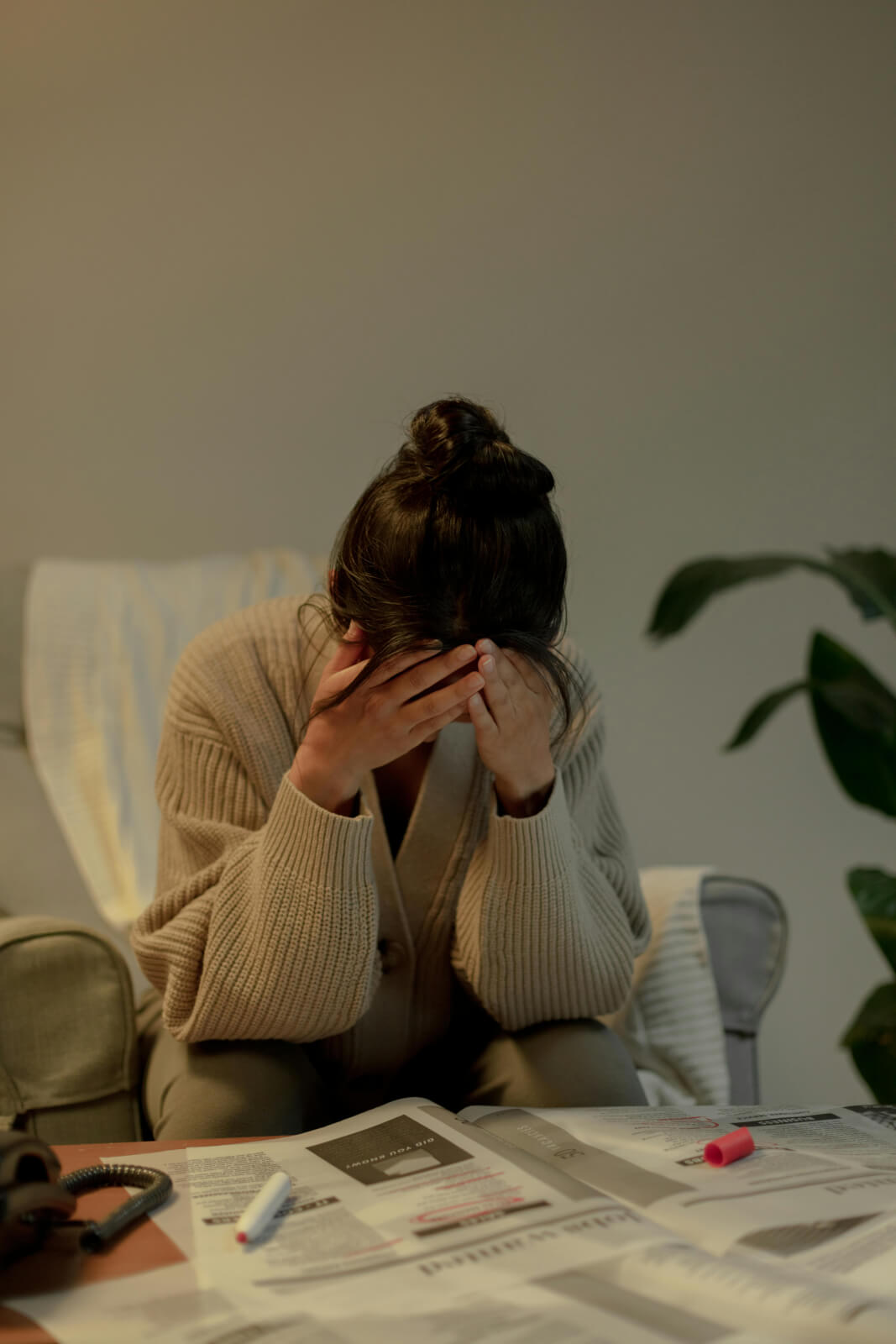
MK: Depression is still considered taboo in our culture. What are your views on this subject?
TM: I agree it’s seen as taboo, and it makes me sad. Just look at language for a second. The word used to describe a ‘mental health hospital’ is ‘pagal khana’ which essentially translates to, ‘place for crazy people.’ If we look at the roots of stigma and taboo, it is saddening that is meshed within the fabric of our language, which is perhaps the most basic groundwork of how our views, attitudes, thoughts, and feelings are communicated and internalized.
Now extend that to more than just language, but the way people look at those who struggle. If a family has a child with autism, many others will look at them in disdain. This is true in Canadian society, and it is especially true in South Asian culture. If someone is depressed, the ‘physical symptoms will often become a subject of blame rather than understood as a clinical syndrome. Depression can manifest with insomnia or excessive sleeping. Family members might say, “Fix your sleep schedule!” Depression can manifest as under or overeating – family members may say, “Fix your diet!” Depression can manifest as difficulty focusing. Family members might say, “Get your act together!” Depression can manifest as a lack of motivation or drive to do anything. Family members might jump to say, “We had it harder. You’re so lucky to be living here. You should be working harder!”
Now imagine telling a person who just broke their leg and has a cast on, with crutches. Would you ever tell them to run a marathon? Certainly not. Depression is like the mental health equivalent of that. It’s time we treat depression the same way.
MK: How Naseeha Youth Helpline is helping youngsters and adults in fighting depression
TM: Naseeha is a faith-based, culturally sensitive mental health charity that offers a toll-free, confidential, anonymous helpline for callers across the world who wish to speak to someone in a safe space. Our peer support counsellors are trained to handle calls and texts from individuals on many topics, and depression is among the most common reasons to reach out to us. We can help people talk out their emotions, strategize solutions and emotional coping strategies, and connect them with resources to outsource ongoing support. Our aim is to be as low-barrier and accessible as possible.
MK: Immigrants and international students suffer from depression and suicidal thoughts. They do not feel comfortable sharing with their family due to shame and shyness. What would be your message to those students?
TM: As a budding addictions physician, my work is grounded in mental health and I meet a lot of individuals who have been pushed out by their families and the world around them, who have had virtually no place to go. I empathize with those who are suffering in silence, and my message would be, “I hear you, and I wish for you to know you are not alone.” There is no shame in seeking help. Just as your parents or siblings would take you to the doctor’s if you had stomach pain or difficulty breathing, you deserve to reach out for help if you feel unwell in your mind or in your heart, too. There are many resources out there who are eager to help you get through this. If your family would take you to physiotherapy to recover from a physical injury, they should take you to therapy to recover from psychological symptoms such as depression or suicidal thoughts, or a hospital if you are acutely unwell. If they are not supportive, then it is challenging, but I would encourage building a support network outside of family who may shame you for it.
MK: Can you guide us on effective ways to communicate mental health concerns to family and seek their support without straining relationships?
TM: I described some strategies above. I think conveying that ‘mental health is health” is a very important way of looking at the issue and destigmatizing mental illness. Building a shared language for viewing mental illness will help normalize conversations around it. Parents and family members may have grown up in a world where ‘mental health’ wasn’t even recognized or verbalized as a construct and may have trouble grasping symptoms of depression and other mental health concerns. Politely telling a family member, “I wanted to share how I have been feeling. Would you be willing to listen to me, without giving any advice, and without comparing me to others for a moment?” may be helpful. PsychHub has a great guide on language around mental health that may be a good reference:

MK: Are there any cultural or community-specific stressors or triggers that we should be aware of, and how can we cope with them?
TM: Intergenerational trauma is a term that describes when the effects of trauma are passed down through generations. It can affect people of virtually every culture. What I can speak to is the way intergenerational trauma impacts people from South Asian backgrounds, as the world our parents and their parents grew up in may be very different from our own. The residual effects of old parenting styles in different cultural contexts can be passed on, including the ‘bad’ that came with it. Things like excessive (physical) discipline, emotional abuse, spiritual abuse, childhood neglect, and many more can all pass on without people realizing the grave impact they can have on children and their futures. Being aware that this happens is one step. Coping is far more complicated. What I would say to this is that ‘recognizing’ the issue is the first and perhaps most important step, because calling behaviour out for what it is helps us begin to unwind, challenge, and reshape the patterns that run through families from one generation to the next.
Can You Tell Us Naseeha’s Youth Helpline:
The number for Naseeha is 1-(866)-627-3342 (1-866-NASEEHA). Hours: 12 p.m. to 3 am EST seven days a week. We are working towards becoming a 24/7 helpline. With the help of donations and the support of the broader community, we hope to get there soon!
Main Image Photo Credit: www.unsplash.com
Mehak Kapoor | Features Editor - Entertainment
Author
Mehak Kapoor (@makeba_93) is an entertainment and lifestyle journalist with over a decade of experience in anchoring and content creation for TV and digital platforms. Passionate about storytelling and factual reporting, she enjoys engaging with diverse audiences. Outside of work, she finds solace i...



















































